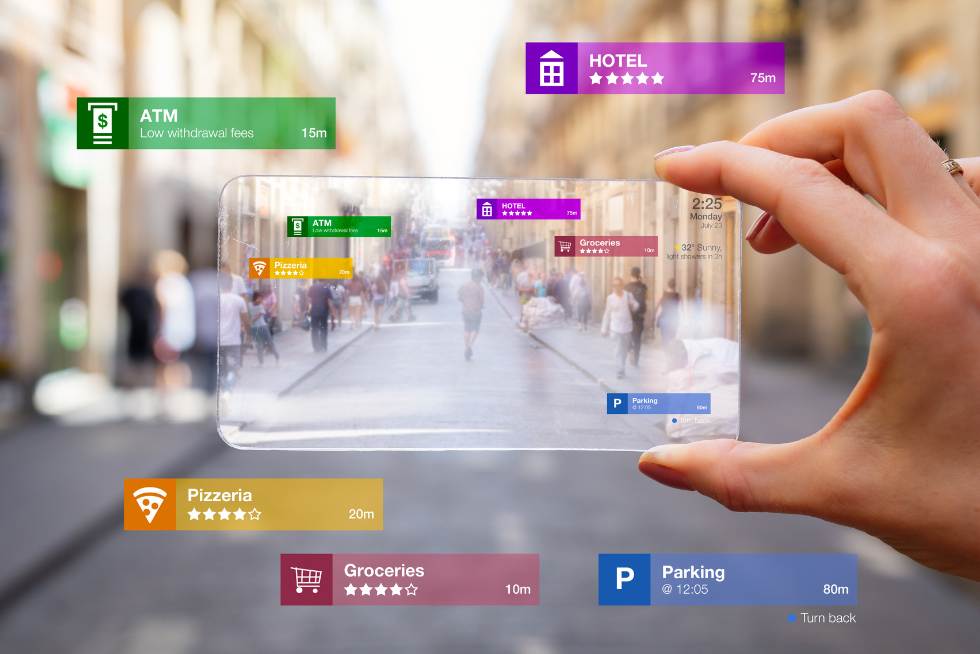The emergence of artificial intelligence (AI) has revolutionized various industries, and the travel industry is no exception. In the world of corporate travel, AI is significantly transforming the way we travel for business, providing many benefits to both travel management companies and business travelers. In this article, we will explore how AI is changing the face of business travel and its impact on the future of corporate travel.
One of the key benefits of AI in corporate travel is its ability to automate repetitive and time-consuming tasks, such as booking flights and hotels. This automation frees up travel managers to focus on more important tasks such as analyzing data and providing insights to clients. With AI, travel managers can also provide clients with personalized recommendations based on their travel history, preferences, and other data points. This results in a more tailored travel experience for business travelers, leading to increased satisfaction and loyalty.
1. Personalization and Recommendations
AI-powered travel platforms are providing an unparalleled level of personalization and recommendations for business travelers. Through data analytics and machine learning algorithms, travel management companies can offer tailored travel recommendations based on a traveler’s preferences, travel history, and past purchases.
According to a survey by Expedia Group, 68% of business travelers believe that personalization is essential to their travel experience. By providing personalized travel recommendations, travel management companies can increase customer satisfaction and loyalty, leading to repeat business and increased revenue.
2.·Booking and Reservation Management
With AI-powered chatbots, travel management companies can automate the booking and reservation management process for business travel. This technology enables travel managers to handle routine tasks such as flight booking, hotel reservation, and car rental, saving them time and allowing them to focus on more complex tasks such as travel policy compliance and risk management.
Additionally, AI-powered booking systems provide real-time pricing and availability information, enabling travel managers to make informed decisions and secure the best possible deals for their clients. According to a study by Amadeus, travel agents who use AI-powered booking tools have seen a 20% increase in productivity.
3. Predictive Analytics for Risk Management
AI-powered predictive analytics are transforming risk management in corporate travel. By analyzing data from various sources such as social media, news reports, and weather forecasts, travel management companies can identify potential travel risks before they occur. This enables travel managers to provide appropriate assistance and guidance to affected travelers, ensuring their safety and well-being.
According to a survey by GBTA, 50% of business travelers believe that technology has improved their safety while traveling. AI-powered risk management systems have become an essential tool for travel management companies, ensuring the safety and security of their clients.
4. Efficient Expense Management
Expense management is a crucial aspect of corporate travel, and AI is making it more efficient and streamlined. AI-powered expense management systems can automatically categorize expenses, flag potential policy violations, and provide real-time analytics and reporting.
These systems can also identify fraudulent expenses and ensure compliance with travel policies, saving travel managers time and reducing the risk of financial loss for the company. According to a study by AppZen, companies that use AI-powered expense management systems see a 40% reduction in expense report processing time.
5. Enhancing the Traveler Experience
AI-powered travel platforms are enhancing the traveler experience by providing real-time travel updates, including flight delays, gate changes, and cancellations. This helps business travelers to stay informed and plan accordingly, reducing travel-related stress and improving their overall experience.
AI-powered chatbots also offer 24/7 support to travelers, providing assistance with travel-related issues such as lost luggage, flight changes, and emergency assistance. According to a survey by Nuance Communications, 75% of business travelers believe that AI-powered chatbots improve their travel experience.
6. Sustainability and Environmental Impact
Sustainability has become an increasingly important issue in corporate travel, and AI is playing a vital role in promoting sustainable travel practices. With the help of AI-powered data analytics, travel management companies can identify environmentally friendly travel options, such as eco-friendly hotels, electric cars, and public transportation.
This not only helps companies to reduce their carbon footprint but also promotes sustainable travel practices among business travelers, leading to a more environmentally responsible approach to business travel. According to a study by GBTA, 48% of business travelers believe that their company should take a more environmentally responsible approach to business travel.
7. Enhanced Communication and Collaboration
AI-powered communication and collaboration tools are facilitating seamless communication between travel managers, business travelers, and other stakeholders. These tools allow for real-time collaboration and information sharing, enabling travel managers to respond quickly to travel-related issues and providing timely updates to travelers.
AI-powered communication tools also offer translation services, enabling business travelers to communicate effectively in different languages and in different countries, leading to improved collaboration and successful business outcomes.
8. Forecasting and Planning
AI-powered forecasting and planning tools are helping travel managers to make informed decisions regarding future travel plans. These tools use historical travel data, market trends, and other variables to forecast travel demand, enabling travel managers to plan ahead and secure the best deals for their clients.
By using AI-powered forecasting and planning tools, travel managers can optimize their travel budgets, reduce travel-related expenses, and provide a better overall travel experience for their clients.
To bring this to a close, it’s clear that AI is taking over the world of travel, one algorithm at a time. But let’s not forget that while AI can be helpful, it’s not the end-all-be-all. As much as we love our robot overlords, there’s still something to be said for good old-fashioned human interaction, empathy, and creativity.
So, let’s strive for a balance between the cold, calculating efficiency of AI and the warm, fuzzy feeling of human touch. Because at the end of the day, it’s the little things that make a big difference – like a smile from a helpful airport attendant or the perfect cup of coffee from a local café. And no algorithm can replicate that (yet).


